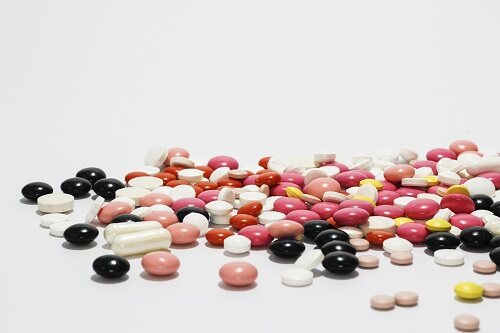Moisture protection is an important part of the storage of medicines. Protecting drugs from moisture is critical to drug efficacy and patient safety.
- Tip 1: Bulk medicine should be well sealed. After the bulk medicines are used, they should be stored in a clean sealed bottle in time. Drugs that need to be protected from light should be stored in light-proof glass bottles or plastic bottles. The tablet to be preserved are placed in a plastic bag with a seal, and the air in the bag should be squeezed out.
- Tip 2: Do not store medicines in damp areas or put them together with moist items. The damp air in the bathroom or kitchen will cause the drug to fail early. Some of the plants raised in the house will also make the surrounding air damp, so the drugs must be kept away from these places when they are stored. Also, don't be too close to the items like a fish tank or humidifier. It is best to put a little desiccant in the medicine box.

- Tip 3: Remove the cotton and desiccant from the vial in time. Before the bottle is opened, the cotton is mainly placed to prevent the drug from colliding during transportation, and the moisture is adsorbed to keep the drug dry. However, after the medicine bottle is opened, as the medicine bottle is repeatedly opened, the cotton or desiccant in the medicine bottle will continuously adsorb the water vapor in the air, so that the medicine get moisture. Therefore, once the medicine is opened, the cotton and desiccant attached to the bottle need to be discarded.
- Tip 4: Liquid medicine is placed separately from the tablet. External use such as iodine, ointment, aerosol, etc. should be separated from internal medicine; liquid medicines such as syrup, eye drops, oral liquid, etc. should be separated from tablets and capsules. This will prevent the tablet drug from getting wet and prevent mutual contamination between different drugs.
- Tip 5: Expired medicines are processed in a timely manner. The surface of expired drugs is more susceptible to moisture and mildew, and may also affect the quality of other drugs. Careful observation is required before administration, such as loose and discolored tablets, sugar-coating adhesion or cracking of sugar-coated tablets, capsule adhesion and cracking of capsules, severe moisture absorption, agglomeration and mold, etc. All of these should be treated in time.


